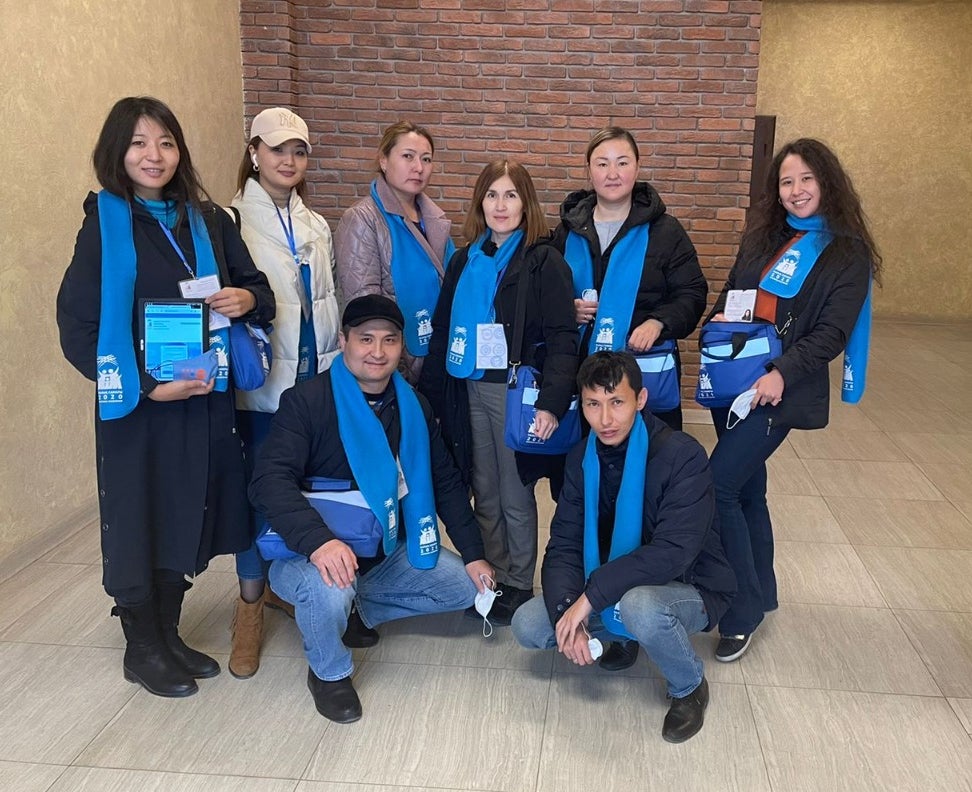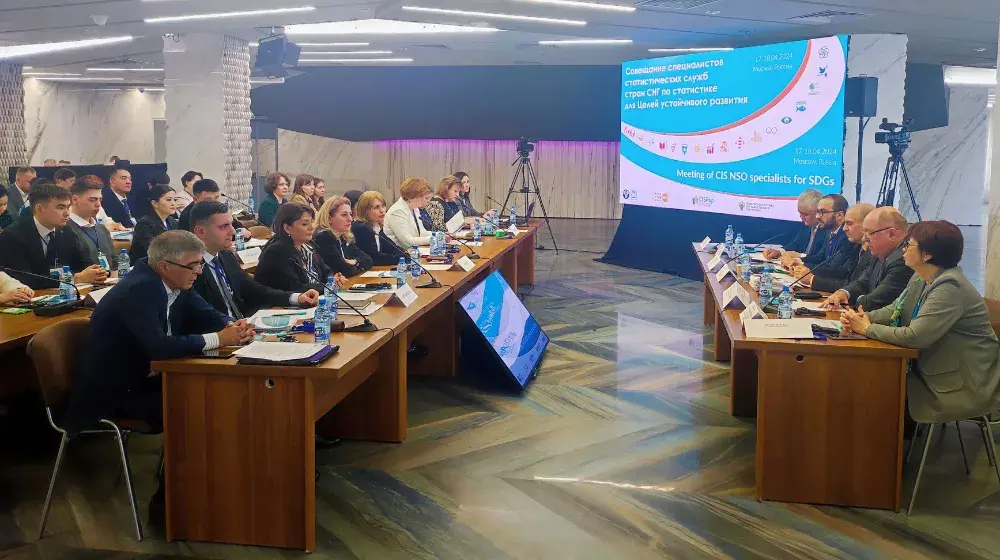Nur-Sultan – When it came to rolling out the 2020 national census, COVID-19 threw Kazakhstan a curveball. Social distancing, self-isolation and working from home made the nationwide task impossible. The Central Asian nation had no choice but to postpone, hunker down and find a solution.
“COVID-19 has had a tremendous impact on the census operations,” said Mr. Nurbolat Aydapkelov, Head of the Bureau of National Statistics of the Agency for Strategic Planning and Reforms of the Republic of Kazakhstan.
The answer? Technology. Spurred by the pandemic, Kazakhstan looked to tablets, apps and the Internet to help improve the efficiency of data collection and reduce the contact between enumerators and the citizens.
“One innovation for us this year was the use of electronic tablets by enumerators,” said Mr. Aydapkelov. “This helped reduce labour costs and increase the reliability of the census data. The tablets can be used in the most remote villages where there is no Internet coverage.”
For 45 days, adults in Kazakhstan could opt to fill in the census online at sanaq.gov.kz or complete it on the Aitu Messenger app. The website was available 24 hours a day from September 1 to October 15. In addition, citizens could complete the census online at service centres set up for the task in post offices, schools and other public buildings. Those remaining were interviewed the analogue way - by enumerators.

“We were provided with masks and antiseptics,” said Mr. Vusal Akhmedov, an enumerator, one of 32,000 people who worked on the census. “All the enumerators are vaccinated and we would show the vaccination documents to the respondents, if asked.”
As of November, the population census had covered 19,450,179 people. The census was conducted as part of the 2020 World Population and Housing Census. Along with Kazakhstan, another 60 countries have conducted their national censuses in 2021.
UNFPA supported the authorities in conducting the census by training staff at the Bureau of National Statistics of the Agency for Strategic Planning and Reforms and providing enumerators with protective clothes, sanitizer and raising awareness throughout the country.
“Such capacity building activities bring together experts from national statistical offices and policymakers from across the Eastern Europe and Central Asian region to exchange the latest knowledge and know-how in the field of census operations and, more broadly, collecting, analysing and utilizing data for evidence-based policymaking,” said Gaziza Moldakulova, UNFPA Programme Analyst on Population and Development.
The data will help inform policymakers and make the country more demographically resilient, prepared for change and better able to choose appropriate solutions for education, health care and other social services. Demographic and socio-economic information can be compared with data from other countries, including in the Eurasian Economic Union.
“The census is not only a statistical summary, it is a tool for economic and social forecasting,” said Mr. Aydapkelov. “The census is the chronicle of Kazakhstan, a record of its history. Its results are addressed not only to us, but also to those who will live after us.”





